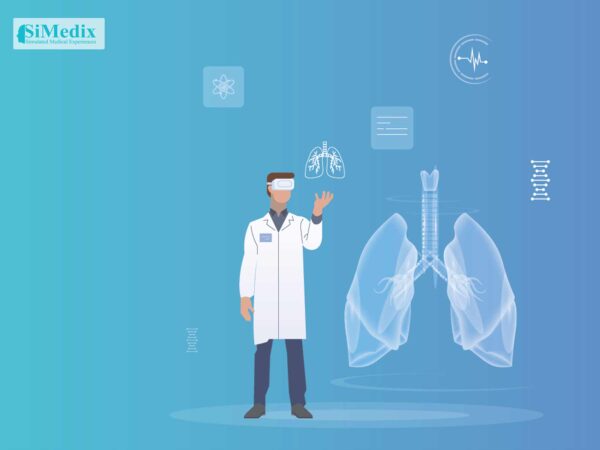Poverty simulation helps shape future health
NDSU nursing and pharmacy students will get a glimpse into how a family in poverty navigates the complexities of life. Approximately 70 senior nursing students and third-year professional pharmacy students are scheduled to take part in a poverty simulation experience Friday, Feb. 5, from 1 p.m. to 4 p.m. in the Memorial Union Great Room.
During the simulation, the students will role-play the lives of low-income families, from single parents trying to care for their children, to senior citizens trying to maintain their self-sufficiency on Social Security. The task of each family is to provide food, shelter and other basic necessities while interacting with various community resources.
Hailey Goplen, assistant director for service-learning and civic engagement, said the goal is to enable participants to view poverty from different angles and begin to understand what life is like with a shortage of money and an abundance of stress and become motivated to be part of the solution to ending poverty.
“Students studying health care will one day work with patients facing difficult financial- and health-related decisions on a regular basis,” Goplen said. “Many of those patients will be deciding between using what little money they have to buy food for their children and pay the rent or paying to fill a prescription and see a doctor. This experience helps future health care professionals better understand the stressors and difficult decisions some patients will be facing in order to be stronger allies and advocates for those in poverty.”
Participants will be taking on the role of people just below, on or just above the poverty line. The family roles participants take on are based off of actual families that have sought help through community action agencies.
Volunteers will fill roles including school teachers, social services, childcare workers, bankers and community healthcare providers.
More than 200 students have taken part in a series of the simulations. The first was held in April 2015. This week students from NDSU’s College of Health Professions and College of Human Development and Education participated.
Students attending the first simulation session were surprised how hard it is to navigate the system. “They identified how stressful it was and why,” said Elizabeth Skoy, associate professor of practice in the School of Pharmacy. “In role-playing, they did things they normally wouldn’t do to survive. They learned that it’s really easy to cast judgment, and as health care professionals, to think about what could be affecting someone’s well-being and think outside of what’s immediately visible.”
The College of Health Professions is using the training as part of its focus on an educational model where students collaborate on an interprofessional team, as they will in hospitals, clinics and other health care settings upon graduation.
The poverty simulation kit used during the experience was purchased with help from Dakota Medical Foundation.

